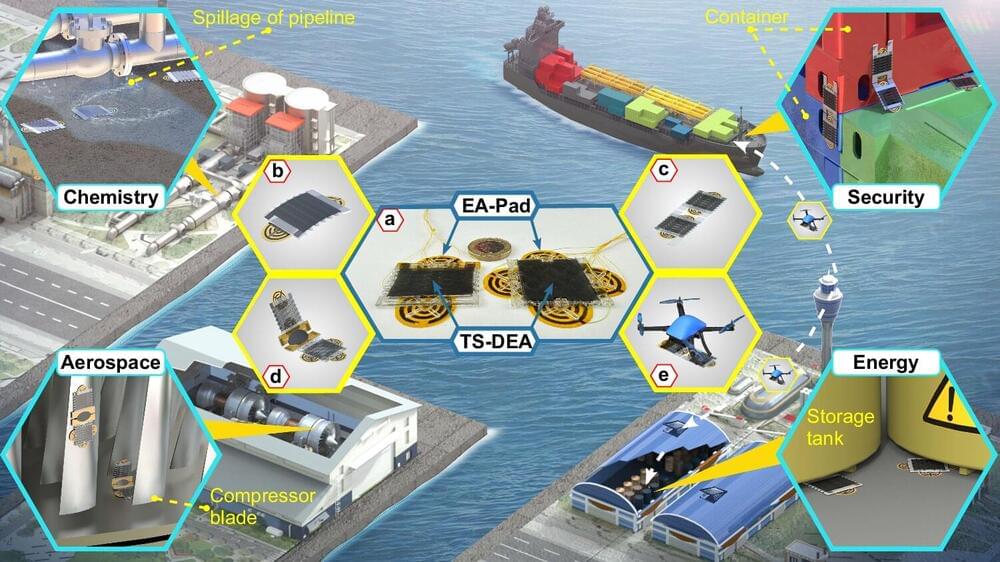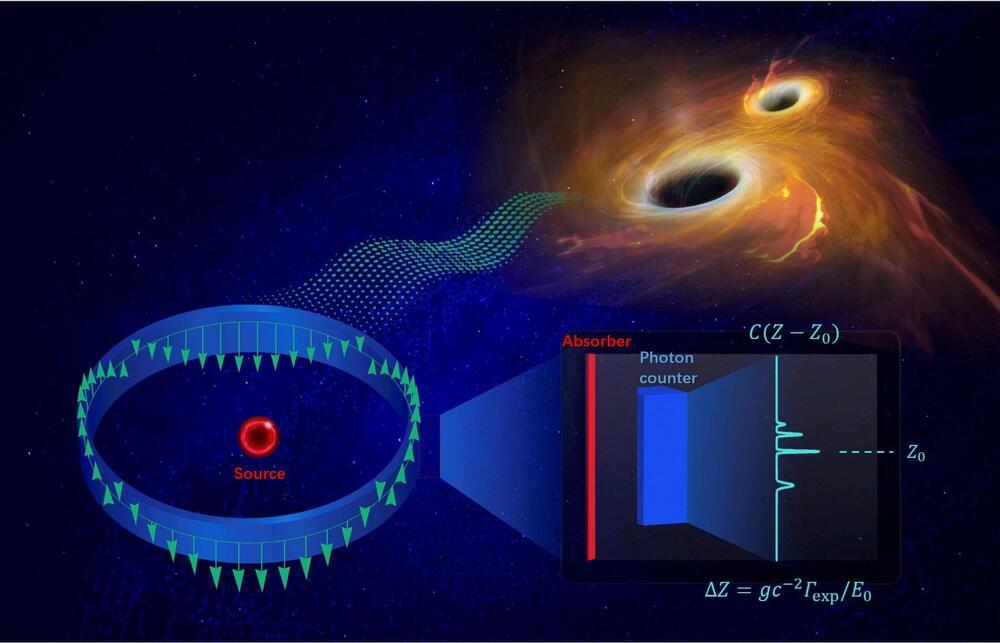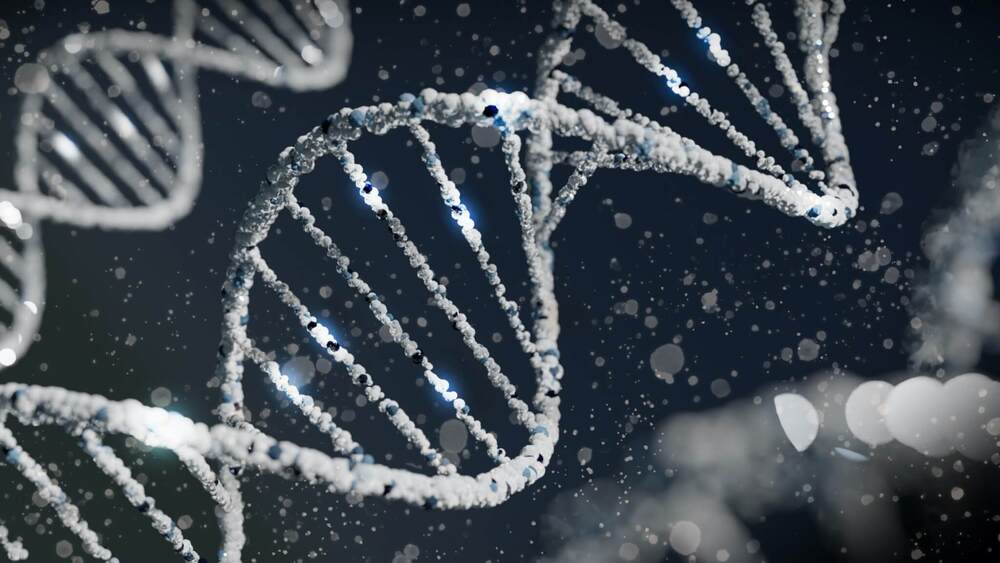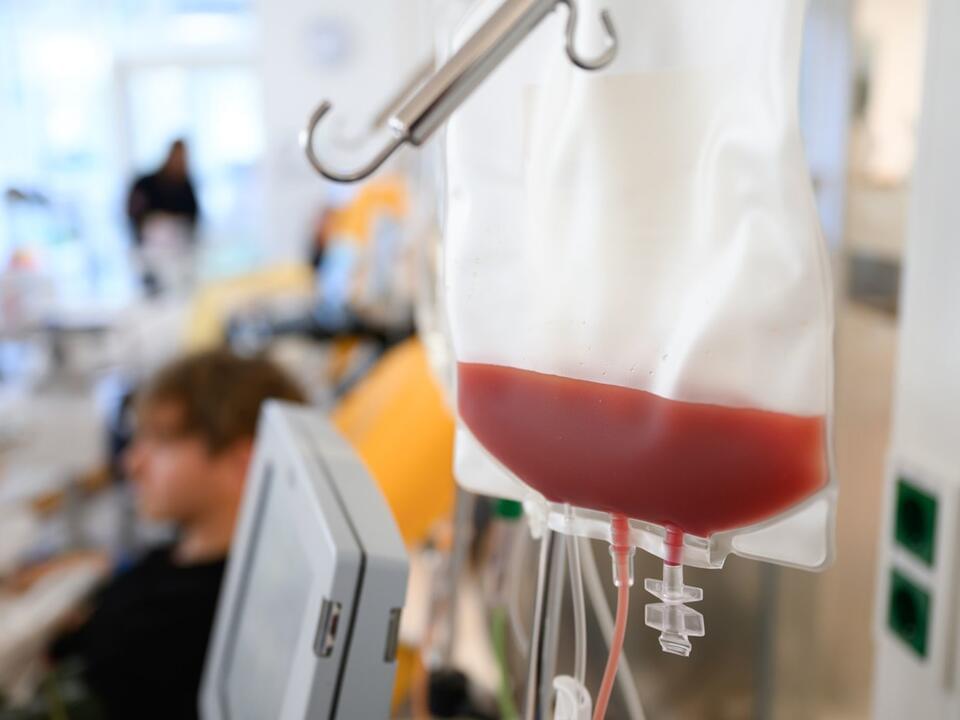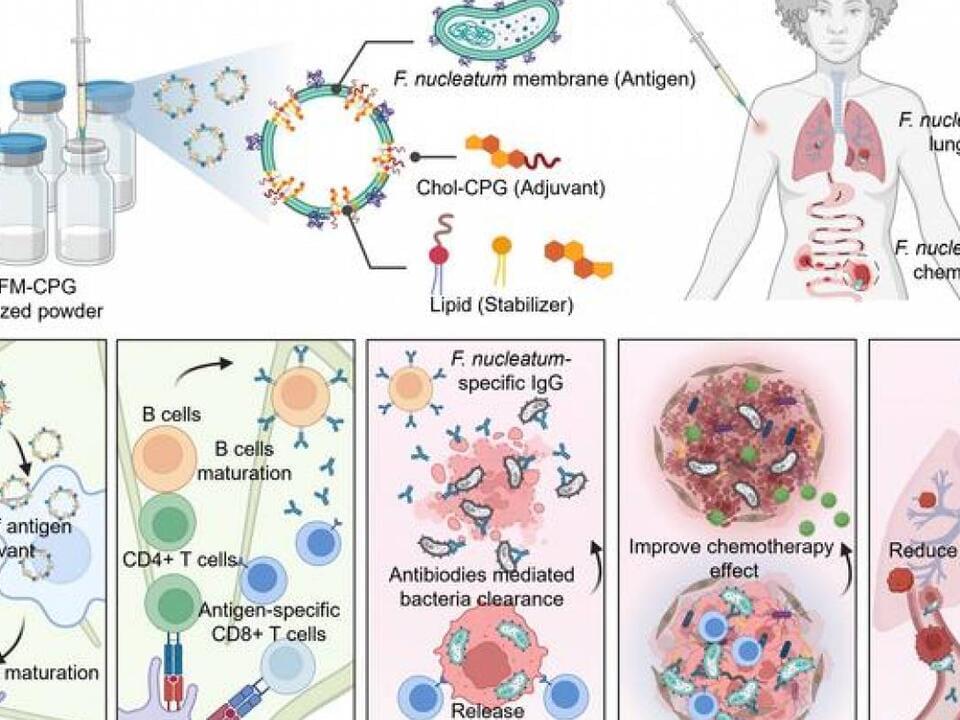Researchers at Rolls-Royce University Technology Centre (UTC) in Manufacturing and On-Wing Technology at the University of Nottingham have developed ultra-thin soft robots, designed for exploring narrow spaces in challenging built environments. The research is published in the journal Nature Communications.
These advanced robots, featuring multimodal locomotion capabilities, are set to transform the way industries, such as power plants, bridges and aero engines, conduct inspections and maintenance.
The innovative robots, known as Thin Soft Robots (TS-Robots), boast a thin thickness of just 1.7mm, enabling them to access and navigate in confined spaces, such as millimeter-wide gaps beneath doors or within complex machinery.
